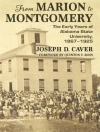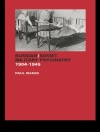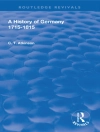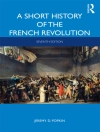The period from 1876 to 1946 in Korea marked a turbulent time when the country opened its market to foreign powers, became subject to Japanese colonialism, and was swept into agricultural commercialization, industrialization, and eventually postcolonial revolutionary movements. Gi-Wook Shin examines how peasants responded to these events, and to their own economic and political circumstances, with protests that shaped the course of postwar revolution in the north and reform in the south. Utilizing interviews, documentary research, and statistical analysis, Shin analyzes variation in peasant activism and its historical, political, and socioeconomic roots, and offers a major revisionist interpretation. The study contributes to an understanding of Korea’s rural political economy during the colonial era, Japanese agricultual policy, and the historical legacy of colonialism for post war social and political change in Korea.
Cuprins
Preface
Chronology
Note on Romanization
Introduction
Explaining Peasant Protest: An Integrated View
Social change and Land Tenure in Traditional Korea
Colonialism and Korean Agriculture: Growth without Development
Tenant-Landlord Conflict, 1920-32: Ideology or Interest?
The Red Peasant Union Movement, 1930-39, Part 1: An Overview & Critique
The Red Peasant Union Movement, 1930-39, Part 2: History from Below
Tenant-Landlord Conflict, 1933-39: Class and Nation
Japanese Militarism and Everyday forms of Resistance, 1940-44
Historical Origins of Peasant Radicalism in Liberated Korea
Conclusion: Toward Reform and Revolution
Appendix 1: Main Activities of Red Peasant Unions
Appendix 2: Peasant Radicalism Index in Relation to Number of Red Peasant Unions and Socioeconomic, Demographic, and Religious Variables
Appendix 3: Leadership Characteristics in Selected Red Peasant Unions
Appendix 4: List of Counties Analyzed
Notes
Bibliography
Index
Despre autor
Gi-Wook Shin is director of the Walter H. Shorenstein Asia-Pacific Research Center at Stanford University, as well as holder of the Tong Yang, Korea Foundation, and Korea Stanford Alumni Chair of Korean Studies.












